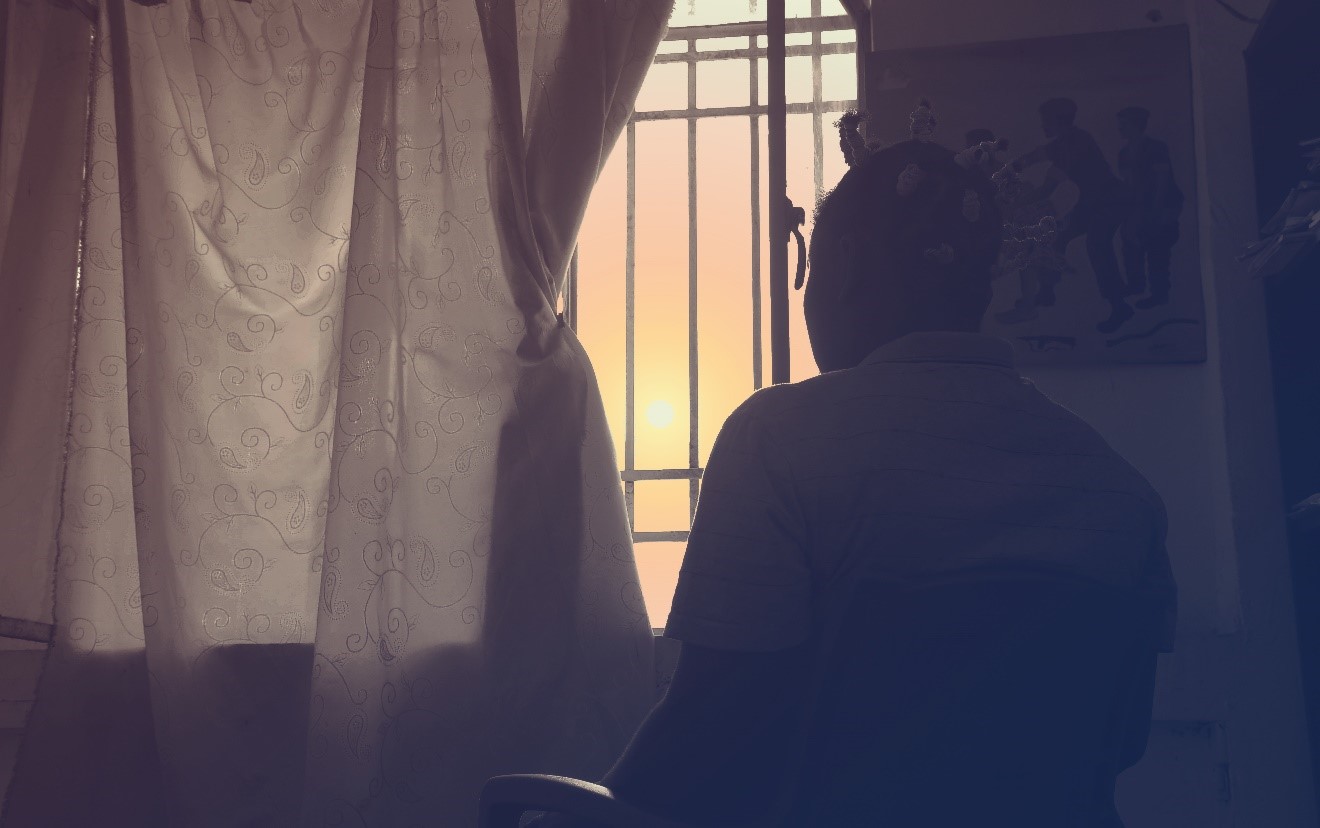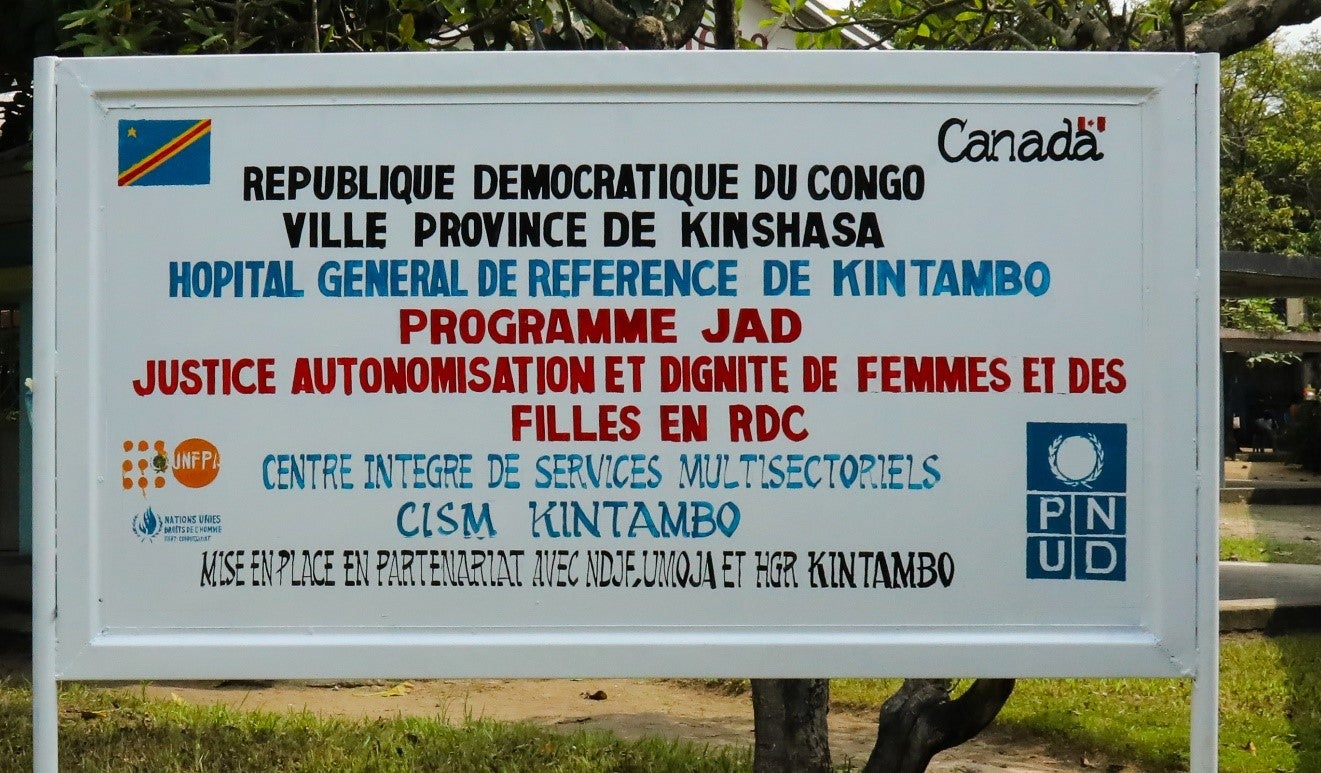“I woke up around 10 p.m. in one of the rooms where the party was organized. My entire body ached and I felt dizzy. I noticed that my underwear was next to me and I was not dressed. I noticed a liquid leaking between my legs and realized that I had been abused.”
Expressed, Joséphine (name was changed to protect the identity of the victim). An incident which she can hardly recover at the time we met her.
Sexual violence

Joséphine, like other girls her age, sometimes met on weekends with her friends to celebrate birthdays. That day, she danced like all her other friends to the sound of Congolese music in a great atmosphere without suspecting that an event was about to change her life. In fact, she was drugged even though she is not a drug user. It is when she woke up, after the effects of the drug had worn off, abandoned and alone, that she discovered the violation of her body.
The next day I talked about it with one of my older sisters who advised me to go to the Hospital. I was scared to tell my mother the story for fear of being punished.”
In the Congolese context, unfortunately many girls who are raped struggle to inform their parents or their surroundings for threat of reprisals, stigma and in the worst cases rejection which could worsen their situation.
Double suffering: the pregnancy
As though rape was not enough, a pregnancy was added to the pain of rape. In fact, one month after the rape, Joséphine finds out that she is pregnant. This news really shocked her and she was very worried about her studies which would be disrupted despite her determination not to quit school. She said with a lot of bitterness,
I cried a lot all night, I saw my whole life getting destroyed.”
The Care at the Kintambo One Stop Center

I was accompanied by my older sister to the Kintambo Hospital where I was welcomed and assisted by Ms. Néné. Another person gave me advice and told me that if I wanted to, I could file a complaint. Ms. Néné gave me advice and made me understand that it was not my fault.”
In fact, this hospital discreetly houses the Kintambo One Stop Center (OSC) with the support of UNFPA, UNDP and the United Nations Joint Human Rights Office (UNJHRO) under the JAD Program (JUSTICE, EMPOWERMENT and DIGNITY of women and girls in the DRC) funded by Canada. This OSC offers holistic care to the survivors of sexual and gender-based violence through the four components of response namely: medical, psychosocial, legal and socio-economic reintegration. The medical office is composed of seven doctors who provide 24/7 medical care to survivors of GBV. Thanks to the assistance of the OSC, Joséphine benefited from holistic care. In addition to the medical care, she was strongly supported by the center’s psychologist who provided her with support to cope with the situation.
Ms. Néné helped me inform my parents who were very upset. My mother could not stop crying. My father was upset with me for 1 month.” She expressed painfully.
New hope
Thanks to the assistance provided by the Kintambo OSC, Joséphine is gradually recovering from the heavy burden placed on her on the day she attended the birthday party. The CISM Psychologist (Ms. Néné) who followed up with her, will tell us along the way the progress she is making. With a hopeful look Josephine, says,
“With Ms. Néné’s assistance, my mother is no longer suffering too much. She accepted the situation and encourages me every day and often accompanies me to see the psychologist at the Center.
Joséphine continues to attend the psychological support sessions at the CISM. According to Ms. Néné,
the psychological support sessions organized with Joséphine enabled her to face her fears. She went back to her habits (eating, working) and will soon be able to fully recover from her situation.”
The CISM of Kintambo recorded over 130 cases of sexual violence based between January and April 2021. This center is important for the care of victims in the city of Kinshasa. In addition to the Kintambo One Stop Center, UNFPA supports 11 other One Stop Centers in the Democratic Republic of Congo. These centers provide holistic care for victims, however, the number of victims who benefit from the center needs to increase to cope with the rapidly increasing needs for the care of gender-based violence survivors.
Siaka TRAORE, Communication specialist
Pascal BANZA, GBV Specialist


